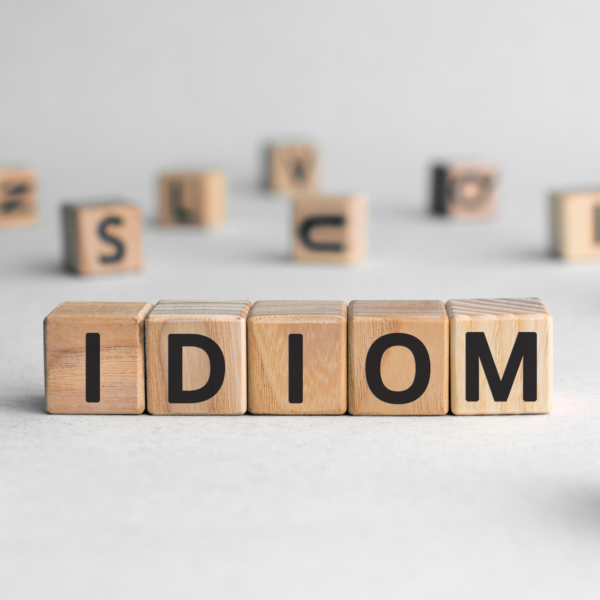Tips on Buying Legal Translation

What is Legal Translation?
Generally, the term Legal Translation refers to any translation from an original to a target language that is used for legal purposes. The spectrum of documents is very broad and encompasses a wide variety of texts ranging from personal identity documents, rulings, witness statements, contracts, financial documents, patents, financial documents, to warranties, disclaimers, sales documents, and any supporting documentation needed for legal proceedings.
Transcription, or a process by which an original audio/video recording is transcribed from the original language to produce a written version in the target language, constitutes a special category of work for the legal field. Transcriptions are, for example, frequently used by law enforcement agencies in support of investigations and prosecution.
How does Legal Translation differ from any other type of translation?
Stakes are very high in legal translation as any mistake can result in costly trouble for the customer. The following aspects must be taken into account:
- Specialization – only translators trained and experienced in legal translation in the given language combination should be hired to provide services in the legal context.
- Accuracy – legal texts are frequently culture-dependent. Textual conventions in the source language may not exist in the target language. The translator must be fluent in both the linguistic and cultural/social aspects of the text. “Legal Equivalence” is what legal translation aims at, rather than a word-for-word result.
- Speed – there is hardly any other field where speed would be of as much consequence as it is in legal translation. Filing deadlines, court requests and registration schedules are all examples of what drives the fast-paced nature of legal translation.
- Confidentiality – legal documents are sensitive and undue disclosure can again result in irreparable harm. Having translation resources sign a non-disclosure or confidentiality agreement is only part of the solution. Pay special attention to use of services such as Google translation – inputting any text into online translation engines automatically makes them part of public domain.
- Format of the original documents and deliverables – legal translators often work with older documents that have been scanned into a PDF file. Some documents may even be handwritten or otherwise difficult to read. Finding a legal document translation service willing to work with no matter what the original format is – and do so expeditiously – will be especially important here.
What other challenges does Legal Translation bring?
Translation of legal documents faces some unique challenges. Here are the most important ones:
Certification – In the United States, a certified translation means a translation accompanied by a signed and notarized attestation that the translation was completed to the translator’s best knowledge and ability. Any translator or translation agency can provide such attestations. In some other countries, like France, for example, the translator signing such attestation must be a “court certified” or “sworn translator”. When a legal document needs to be translated for use outside of the United States, it is best to consult with your provider to see if the U.S. attestation is sufficient or if you need to solicit help from a specific, approved resource in the target country. You can also find more on certified translation HERE.
Verbatim translation – Customers often point out that their legal documents should be translated verbatim. However, this can be a damaging misconception. Faithful and fluent translation is so much more than substituting one word for another and hoping for the best. Word-for-word translations frequently make no sense at all in the target language.
Volume for translation – “Does this whole stack of documents need to be translated?” is a question that buyers of legal translation frequently ask. Your translation resource may not be able to answer the question for you but there is something they can do: if your documentation is in another language and you are considering translation into English, pay a translator for going through the documentation with you over the phone or in person and telling you what they are looking at. Knowing what the documents are about will help you make the decision of whether or not they should be translated. This process is called “sight translation” and is usually charged by the hour rather than by word.
Overlap with other services – Aside from traditional translation services, work with legal materials often overlaps with other services, such as transcription. If an audio recording (such as a wire tap) needs to be presented in court as evidence, for example, it must be transcribed, first. Once in written form, the result can then be translated, assuming it was in a language other than English, of course. Translation and transcription are the products of vastly different skills and, again, finding a resource that you can rely on for both is important. Another service that might also be needed is the above-mentioned sight translation, or one of the interpreting services types.
What can a buyer of Legal Translation do to support the process?
Once you settle on which translation resource you should hire for the work needed, give them a very detailed overview of the project. For a translator, knowing who the target audience is, what the purpose of the translation is, and how the work will be used makes all the difference. If you have background or resource materials, provide them. If there is additional research the translator should do in order to compile a glossary of terms, for instance, let them know. Discuss desired delivery format as well as deadlines. In short, the more information you provide, the better the outcome will be.
Who buys Legal Translation and from whom?
Aside from law firms, the most frequent buyers of legal translation are court systems, federal agencies (such as the Department of Homeland Security, ICE, FBI, DEA, ATF, etc.), corporate legal departments, as well as private citizens.
Who serves as the provider of the service ranges wildly. Lawyers sometimes insist on translating documents themselves, or they hire someone they know speaks the language. Neither of these solutions is safe. If the document being translated carries any importance at all, a professional service should be considered.
Regardless of who you hire, have clarity about who they are and how helpful they can be to your case.






